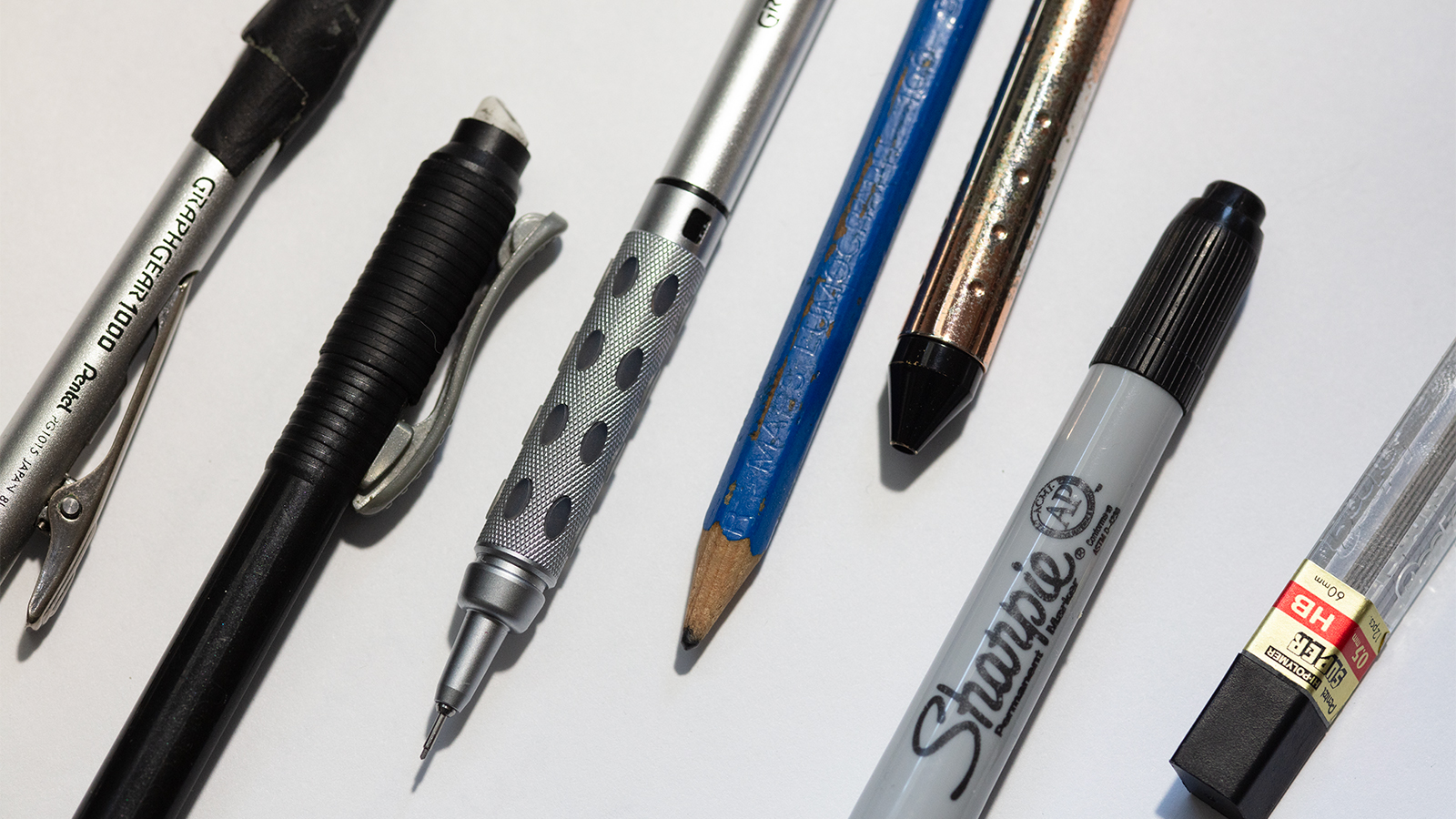BTW I just tried Suno AI. We are totally fu...d.
(If I just arrived late to the party sorry!)
This is the first time I'm hearing something AI musically and sonicaly .... "good" "well produced" ?
The writing, the vocals, the instrumentals. It is, for the first time for my ears, getting there.
It's really hard to admit but it might be usable good very very very soon.
I'm starting to feel like graphic designers felt a year ago more or less ... (what? you are asking what is a graphic designer? It's one of those extinct jobs from the beginning of the millenium.)
I'm not talking about how artistically valid is Suno's output (up for a long heated debate I guess).
I'm talking about how convincing it is.
Not happy. Future bad.
Hope they and every other AI company get sued to hell for copyright issues, the copyright assignment matter doesn't get solved leaving AI music not commercially exploitable, and all this disappears.
(If I just arrived late to the party sorry!)
This is the first time I'm hearing something AI musically and sonicaly .... "good" "well produced" ?
The writing, the vocals, the instrumentals. It is, for the first time for my ears, getting there.
It's really hard to admit but it might be usable good very very very soon.
I'm starting to feel like graphic designers felt a year ago more or less ... (what? you are asking what is a graphic designer? It's one of those extinct jobs from the beginning of the millenium.)
I'm not talking about how artistically valid is Suno's output (up for a long heated debate I guess).
I'm talking about how convincing it is.
Not happy. Future bad.
Hope they and every other AI company get sued to hell for copyright issues, the copyright assignment matter doesn't get solved leaving AI music not commercially exploitable, and all this disappears.
Last edited:









